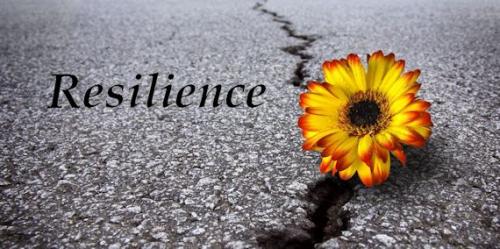Resilience: Taoist Teaching To Strengthen My Fragile Mind
Submitted by Gerrit on Tue, 05/03/2016 - 7:15am
Job one in becoming a more resilient person is the constant work of making one’s mind more resilient. Could I really become more resilient when my mind is so fragile and I am so anxious? Yes, I can. As long as I can still learn new things. Otherwise, sadly, no.
I’m going through a few days at the moment where my mind is very fragile: anxious, brittle, scattered and unfocused. Perhaps there are times when you know the same.
When I realized what was happening inside, I went to reread something that works for me in fragile mind-states: a Taoist teaching called wu-wei. More below.

